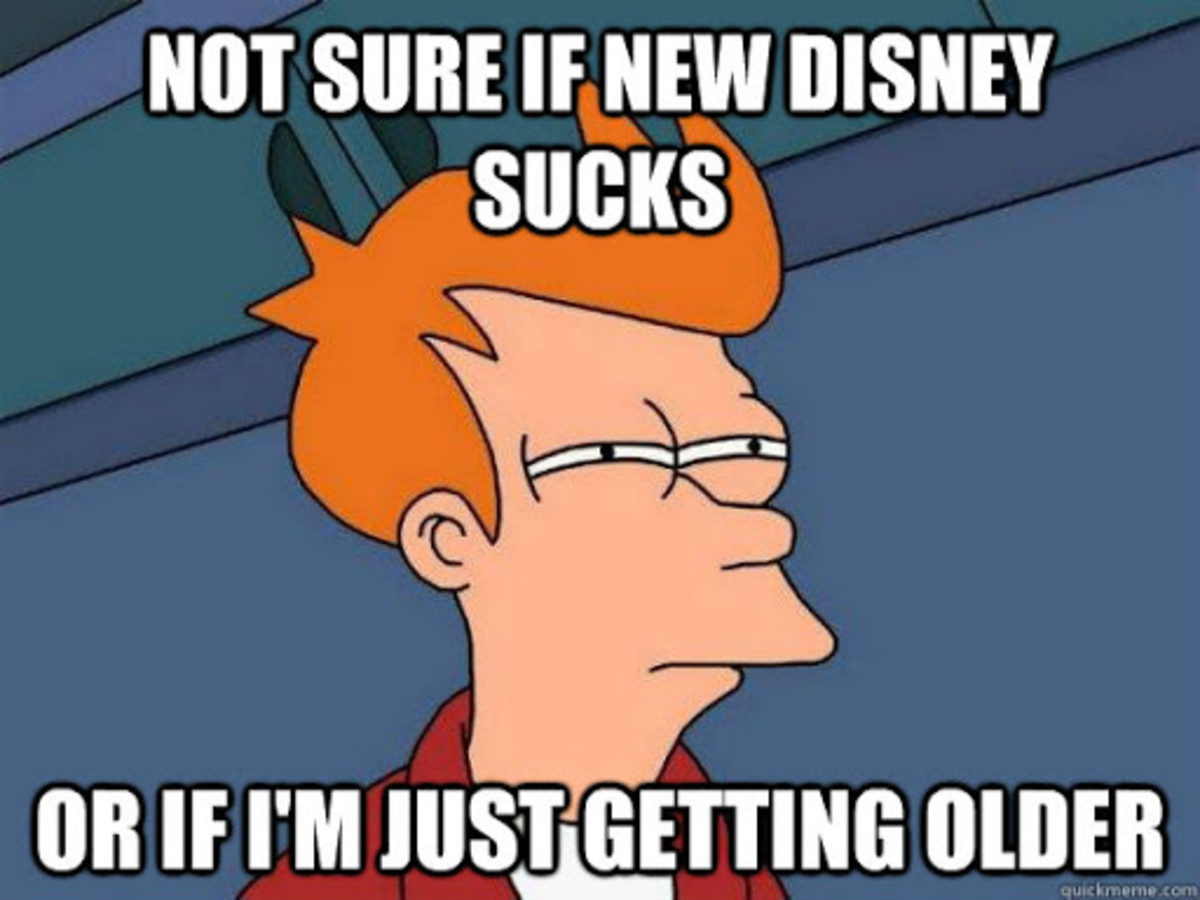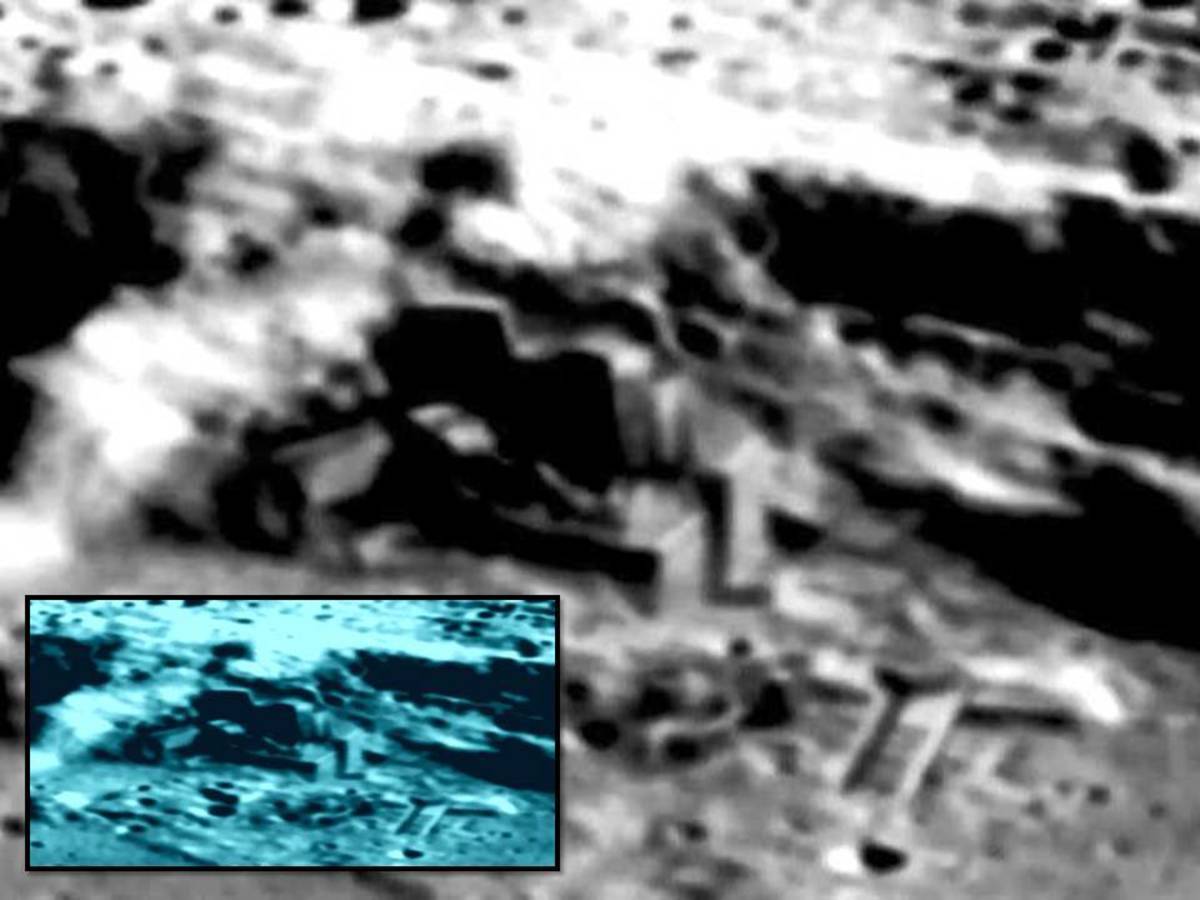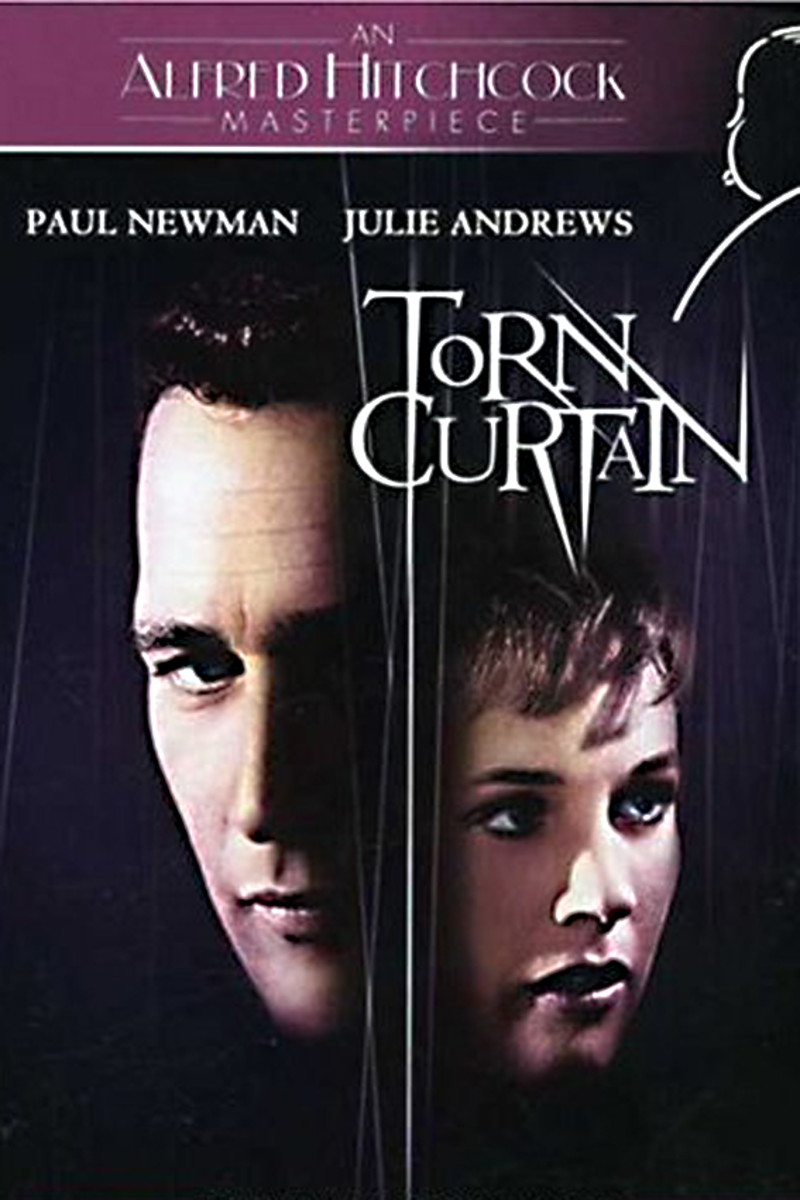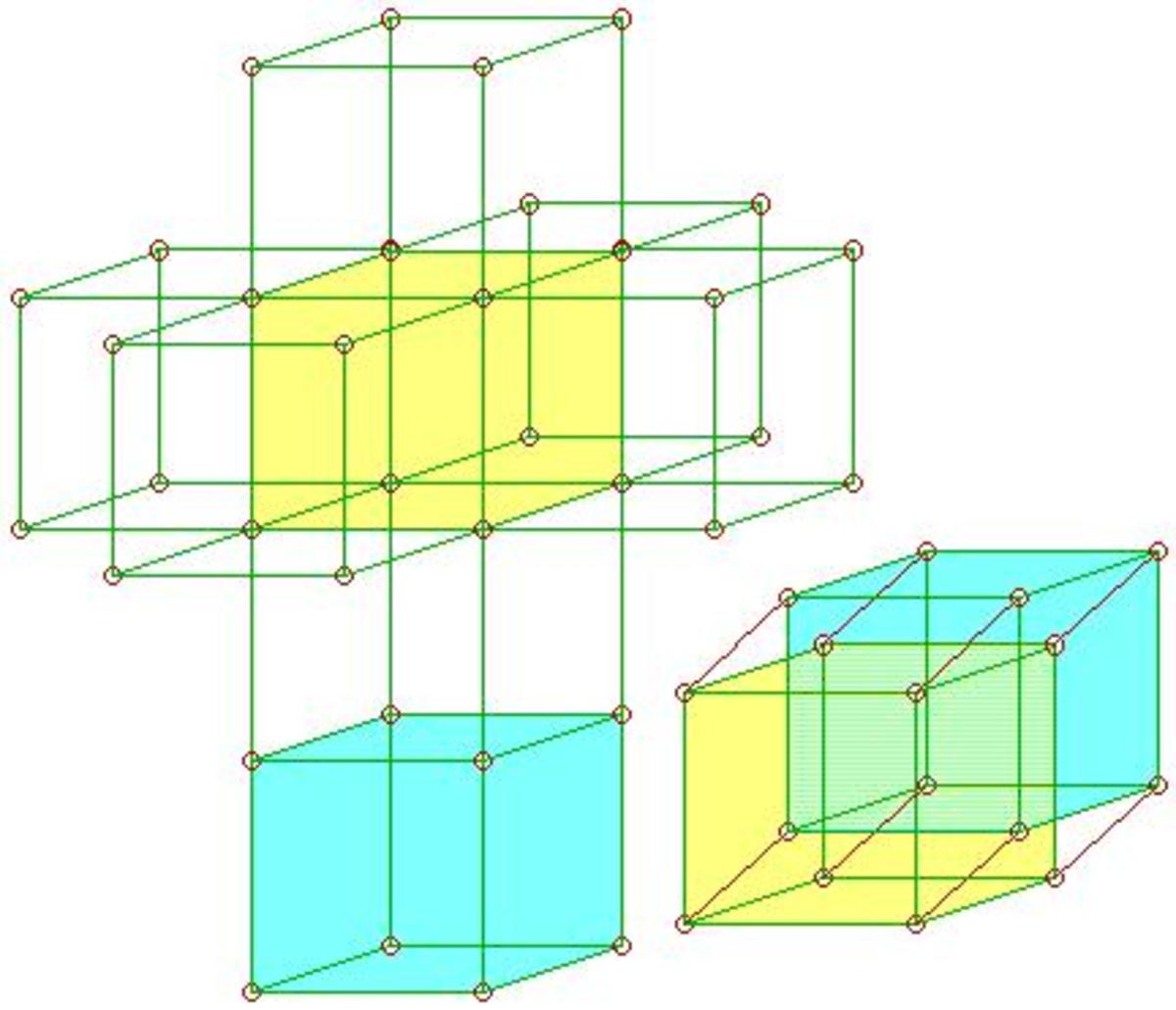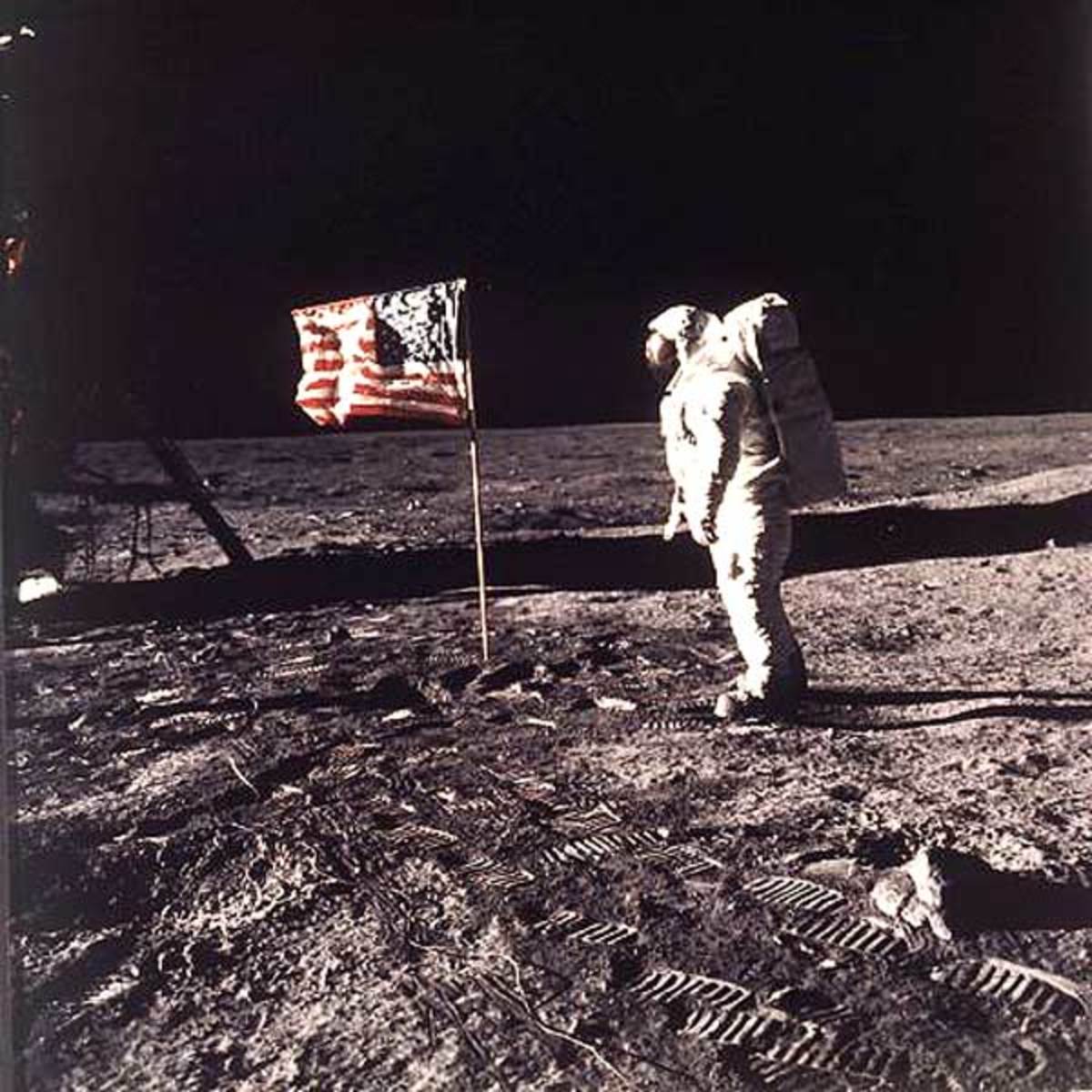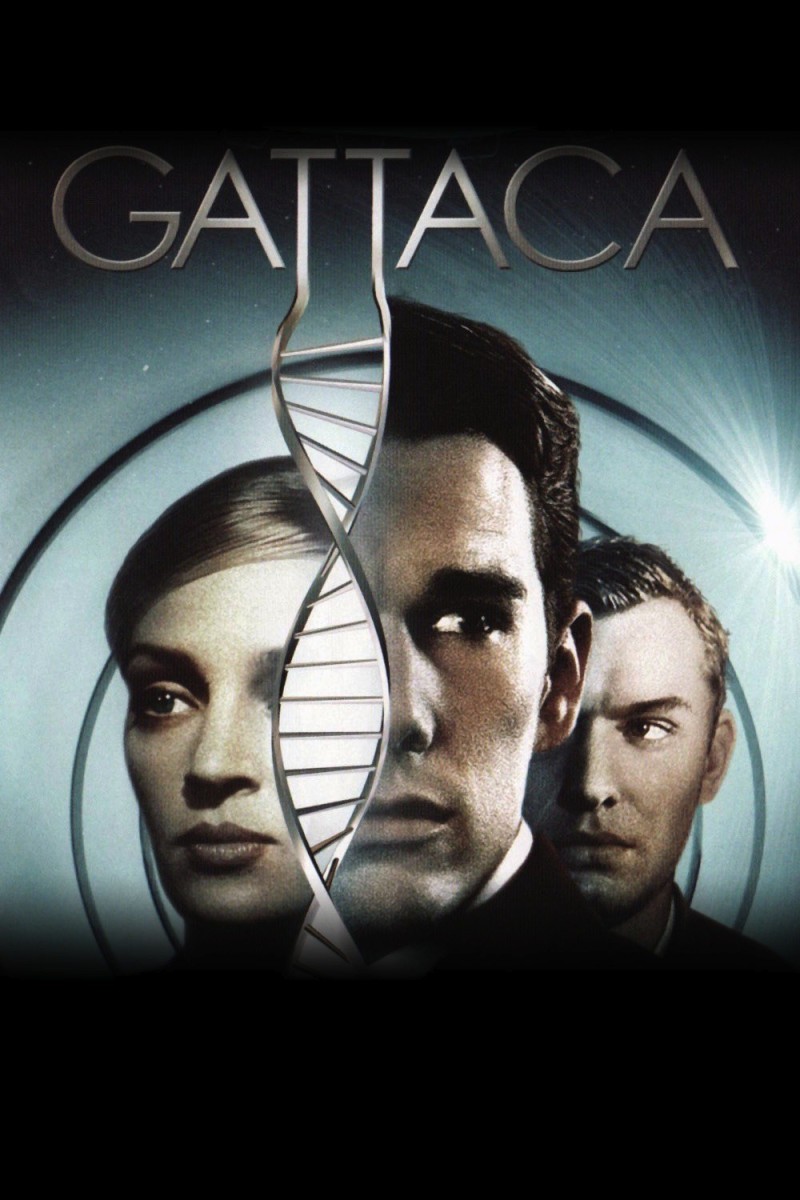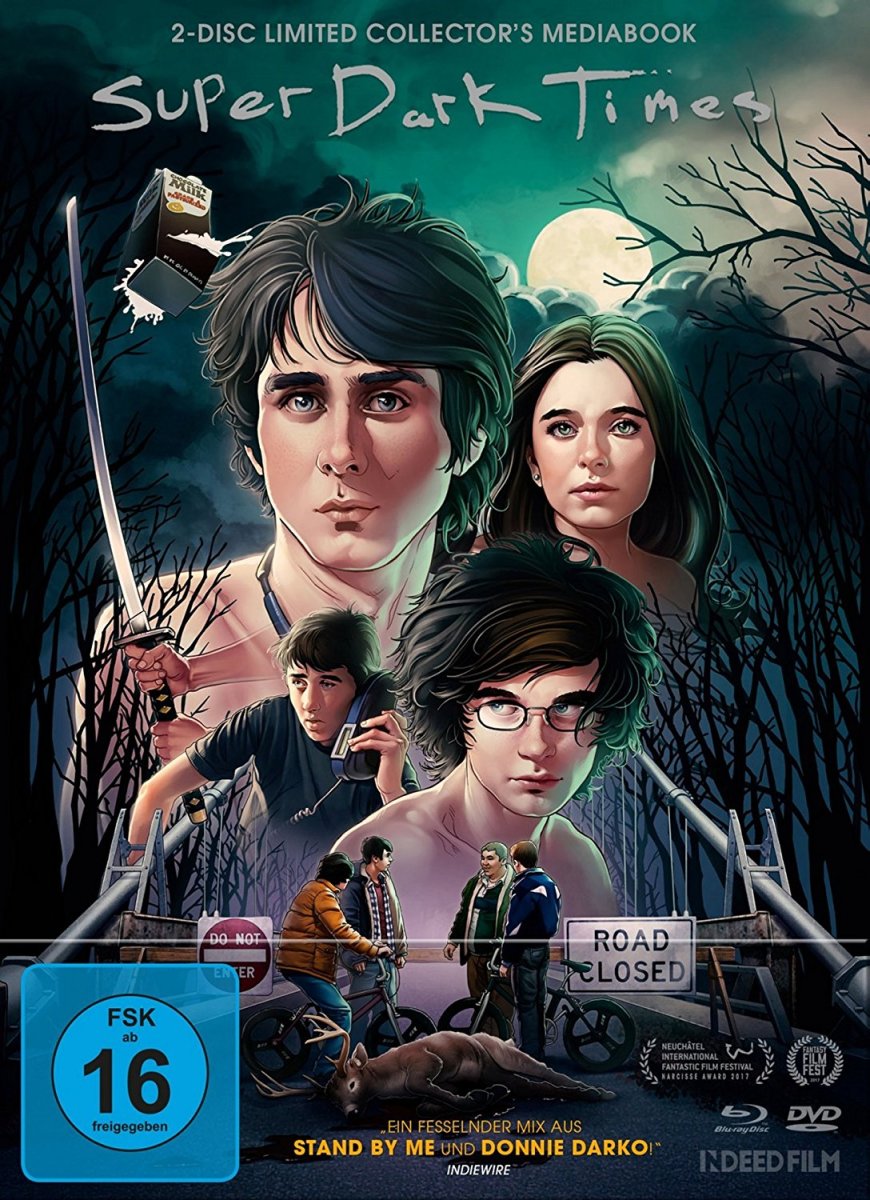First Man
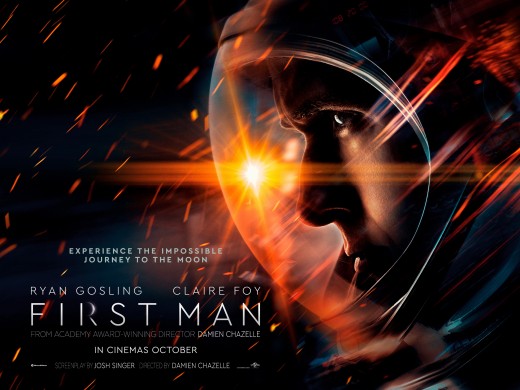
"A film that reaches out to the Moon while exploring the craters of the heart".
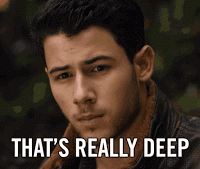
This film is not about the first man who ever stepped foot on the lunar surface. It's more about the 'how' and 'what' made Neil Alden Armstrong the first person to land on the moon. Adding to this is a 'cold', desperate race against the Soviets and a deeply moving motive behind Neil's burning fervor for our planet's natural satellite. The viewers of this 'out of the world' spectacle get the chance to take this journey along with the protagonist and as a result, everyone turns into the First Man".
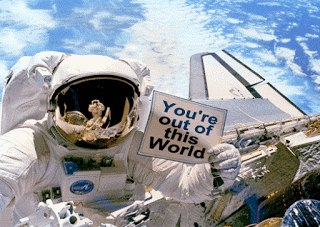
" Damien Chazelle is a magician who creates distant, fantastic worlds. He did it with the too good to be True - 'La La Land' and the answer to a romantic's plight - 'The Moon' ".
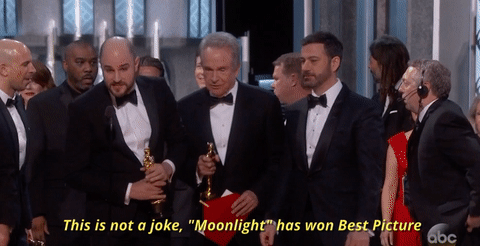
This film focuses on an astronaut and the Moon but most of its plot happens on the land. This isn't a Sci-Fi film and creates a clear distinction between the three domains that it is divided into - the Earth, the flights/training and the expedition/Moon. The 'Earth' showcases dramatic and humane themes using subtle shot choices, tragedies, routines, a lesser amount of cuts and a longer screen time. The opening scene is an excellent example of flights and training, having rapid cuts, tight close-up shots, tense background score and scarce dialogue (these are great times to watch films at 4d format screens).
"There is a tremendous amount of nausea related humor imbibed in a scene portraying the effects of flight simulations and training"

Space, the final frontier is where the film blooms into its full glory, becoming a musical in the space - between Neil and the space shuttle - a space musical while utilizing only radio audio for dialogue and turning eventually into wide scope panoramic cinematography when at the moon and blending heavy orchestral score at the background by Justin Hurwitz. The scale and cinematic language of the film keep changing between the previously mentioned domains while maintaining corresponding tonalities. The camera's glances at the Moon and Earth make these heavenly bodies seem like characters in the film. The scenes depicting isolation dexterously use window panes, mirrors and reflections to bring out the emotions.
" The Moon has phases just like a man's life. Neil's learning of and stabilizing a spacecraft resembles the character's stability within the narrative, poetically "
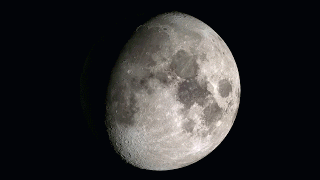
There aren't too many times that one gets to realize that the person on the screen is not Armstrong, but Ryan Gosling in a finely internalized act. Neil had suffered a deep loss in the form of his first born daughter to a brain tumor - This is his fuel. He understands the need for scientific advancement, while at the same time, there are people protesting against the massive expenditure of tax money on pointless Space exploration when there's a need for basic amenities in the country (it is peculiar that this is extremely relevant even in current times). Its often too hard to see the bigger picture, when you're just a blob on a rotating dot in space. Neil is a composed, focused, disciplined person and someone who invented 'The Land of egelloC' (another distant, fantastical land). He is a man on a mission and this film is not just about him but also those who enabled him including his colleagues, children, better halves and politics. The way the 60s are portrayed in the film creates nostalgia while indicating how technology has taken over the simple joys of life (a summer party scene shows kids playing with tires and swings).
"Throughout the film, there are glimpses of Neil gazing at a distant Moon, shining in the sky which is identical to the way I look at the bonus/incentives section of my payslips"
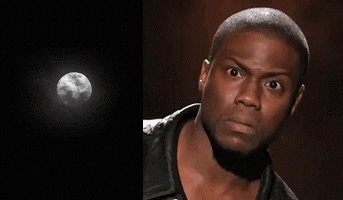
Claire Foy is indeed the strongest actor in the film. This film deserves appreciation for showing the women who toiled to make these men the first ones on the Moon( In a scene Janet says to one of the space program chiefs- 'You're a bunch of boys, you don't have anything under control'). Even the characters of children are handled with the utmost care through scenes like one where Neil explains about the risks of his mission to his sons. It was as hard for Janet as it was for Neil. She is both - vulnerable and fierce. No wonder the film concludes with a scene having the two of them in perfect harmony with each other.
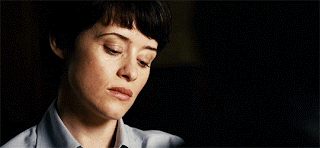
" Claire Foy's Janet Armstrong is an equally strong performance when compared to Gosling's Neil. She effortlessly comes across as the first woman behind the first man's success. "
The "Losing altitude, Houston" moments :
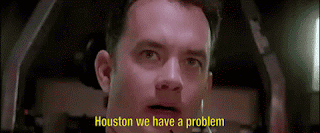
- The film focuses more on the human sentiments and drama, at times waver off its course from its central plot.
- Damien Chazelle's penchant for musicals often takes the screenplay away from the Gravity.
- The big stake and goose-bump inducing moments come very later on in the film in the landing scene.
- Due to the juggling between both drama and glory, the film at times gets underwhelming.
"It's amazing how the characters from 'Hidden Figures' are related to the ones shown in this film ".
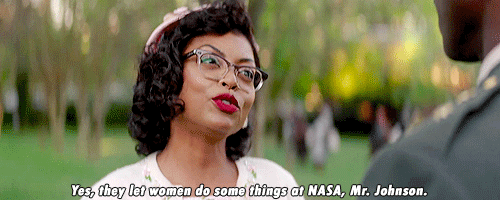
The film goes full throttle with its climax. I had completely stopped making notes once the lunar landing began as it was tough to keep my eyes off the screen. This one small step, American star-n-stripes(getting cut and edited from the film) and Kennedy's speech steal the show. The Eagle had indeed finally landed.
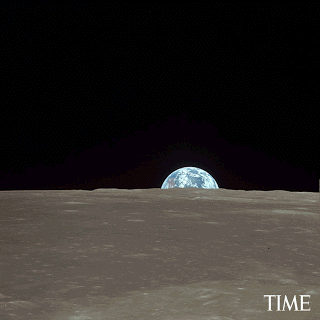
#5StarNahiDoonga ..because -

-Sarthak Awasthi
"Through the 2 lenses of my spectacles"
*The logos/imagery shown are the properties of their respective trademark owners.
Who was the Stronger Actor in the Film : Ryan Gosling or Claire Foy ?!..or The Moon!!
*P.S. - I felt bad as a child that I couldn't get to be at my parents' wedding and also that I couldn't see The launch of Apollo 11 a resultant of my childhood pictorial informational books. This film helped me take one of those off my shoulders.

